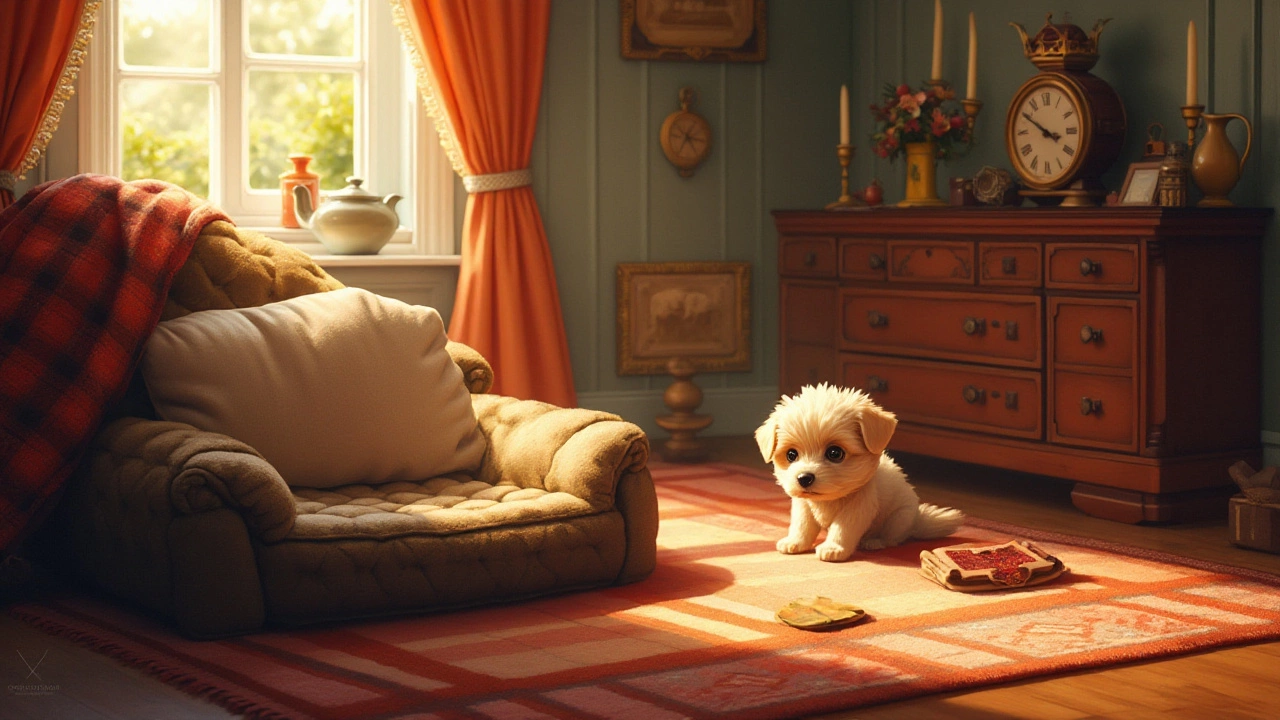New Puppy Essentials: Your Quick Start Guide
Got a new puppy and feeling a bit overwhelmed? You’re not alone. The first weeks are a mix of excitement, cute moments, and a lot of questions. Below you’ll find the most useful, down‑to‑earth advice to keep your pup safe, healthy, and happy right from day one.
Feeding and Nutrition Basics
Start with a high‑quality puppy food that lists a real meat source first. Puppies need more protein and calories than adult dogs, so look for labels that say “complete and balanced for growth.” Feed three to four small meals a day until they’re about six months old; this keeps energy steady and helps with house training.
Measure portions using the scoop that comes with the bag, then adjust based on weight gain. If your pup looks thin or is gaining too quickly, tweak the amount by about 10 %. Fresh water should always be within reach – change it daily to keep it clean.
Avoid table scraps and especially foods that are toxic to dogs: chocolate, grapes, onions, and anything with xylitol. If you want a treat, stick to small pieces of cooked chicken or commercial puppy treats no larger than a pea.
Training, Crate & Socialising
Crate training is a game‑changer. Choose a crate just big enough for your puppy to stand, turn, and lie down. Put a soft blanket inside, add a chew toy, and keep the door open at first. Let your pup explore, then start closing the door for short periods while you’re in the room. Gradually increase the time – this helps with house training and gives your dog a safe den.
When it comes to potty breaks, consistency wins. Take your puppy out after meals, naps, and play sessions. Use the same spot each time and praise them with a happy voice and a tiny treat right after they finish. If accidents happen, clean the area with an enzymatic cleaner so the scent won’t lure them back.
Socialisation is just as important as feeding. Introduce your puppy to different people, sounds, and other well‑behaved dogs in a controlled setting. Short, positive experiences build confidence and reduce fear later on. A weekly puppy class is a low‑stress way to meet both pups and owners.
Basic commands – sit, stay, come – can be taught in five‑minute sessions, twice a day. Keep it fun: use a clicker or a specific word to mark the correct behavior, then reward immediately. Short sessions keep attention high and prevent frustration.
Don’t forget health basics. Schedule a vet visit within the first week for a wellness check and to start the vaccination series. Puppies need core shots at 6–8 weeks, then boosters every 3–4 weeks until they’re 16 weeks old. Ask the vet about deworming and a flea/tick preventative that’s safe for pups.
Lastly, protect those tiny teeth. Offer chew toys made for teething puppies – rubber rings, frozen carrot sticks, or Nylabone Puppy Chews. Rotate toys to keep interest high and inspect them regularly for wear.
With the right food, a cozy crate, consistent training, and early vet care, you’re setting your new puppy up for a lifetime of good habits. Enjoy the cuddles, the goofy antics, and the endless energy – it’s all part of the adventure!
Surviving the First 48 Hours with Your New Puppy
Bringing home a new puppy can be both exciting and overwhelming, but with the right preparation, you can ease the transition for both you and your furry friend. This guide provides essential information and practical tips for navigating the first 48 hours with a new puppy, including setting up their space, understanding their needs, and establishing a routine. Learn how to handle common challenges like sleep disruption, feeding schedules, and puppy-proofing your home. By following these steps, you can ensure a smoother adjustment period and start building a loving bond with your canine companion from day one.
